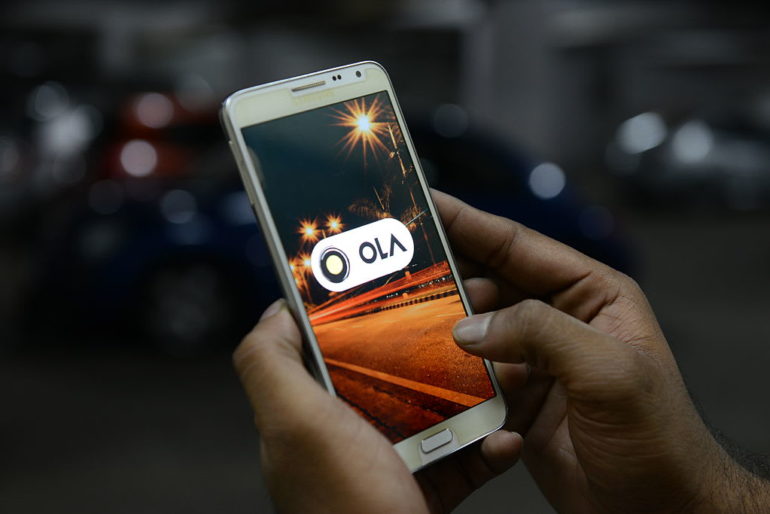LONDON — Ola, a ride-hailing app that competes with Uber, has been banned by London’s transport regulator over public safety concerns.
The Indian company, which is backed by Japanese tech giant SoftBank, launched its app in London in February. However, Transport for London (TfL) said Sunday that it has refused to grant Ola a new operator’s license after concluding it is not “fit and proper” to hold one.
The decision comes a week after Uber won a court battle that allows it to keep operating in London following a lengthy feud with TfL over its own safety record that dates back to 2017.
TfL said Ola allowed unlicensed drivers and vehicles to undertake more than 1,000 passenger trips and that it failed to immediately flag the breaches.
Helen Chapman, TfL’s director of licensing, regulation and charging, said in a statement: “Our duty as a regulator is to ensure passenger safety. Through our investigations we discovered that flaws in Ola’s operating model have led to the use of unlicensed drivers and vehicles in more than 1,000 passenger trips, which may have put passenger safety at risk.”
Ola, which also operates in Birmingham, Cardiff, Liverpool, and Reading, said it plans to appeal TfL’s decision, a move that would mean the app can continue operating.
Marc Rozendal, Ola’s U.K. managing director, said in a statement: “At Ola, our core principle is to work closely, collaboratively and transparently with regulators such as TfL. We have been working with TfL during the review period and have sought to provide assurances and address the issues raised in an open and transparent manner.”
“Ola will take the opportunity to appeal this decision and in doing so, our riders and drivers can rest assured that we will continue to operate as normal, providing safe and reliable mobility for London.”
Uber case
Transport for London stripped Uber of its license for a second time last year, citing a “pattern of failures” that had put passengers at risk.
The watchdog said a glitch in Uber’s systems allowed unauthorized drivers to upload their photos to other driver accounts and fraudulently pick up passengers for at least 14,000 journeys.
But last Monday, Deputy Chief Magistrate Tan Ikram said he had “sufficient confidence” Uber “no longer poses a risk to public safety.” Uber was granted with a new 18-month license following the decision.
Home to over nine million people, London represents a huge opportunity for taxi app companies and they’ve spent millions of dollars trying to lure passengers to their platforms.
In addition to Uber and Ola, London is also home to Bolt, Free-Now, Gett and Addison Lee.



